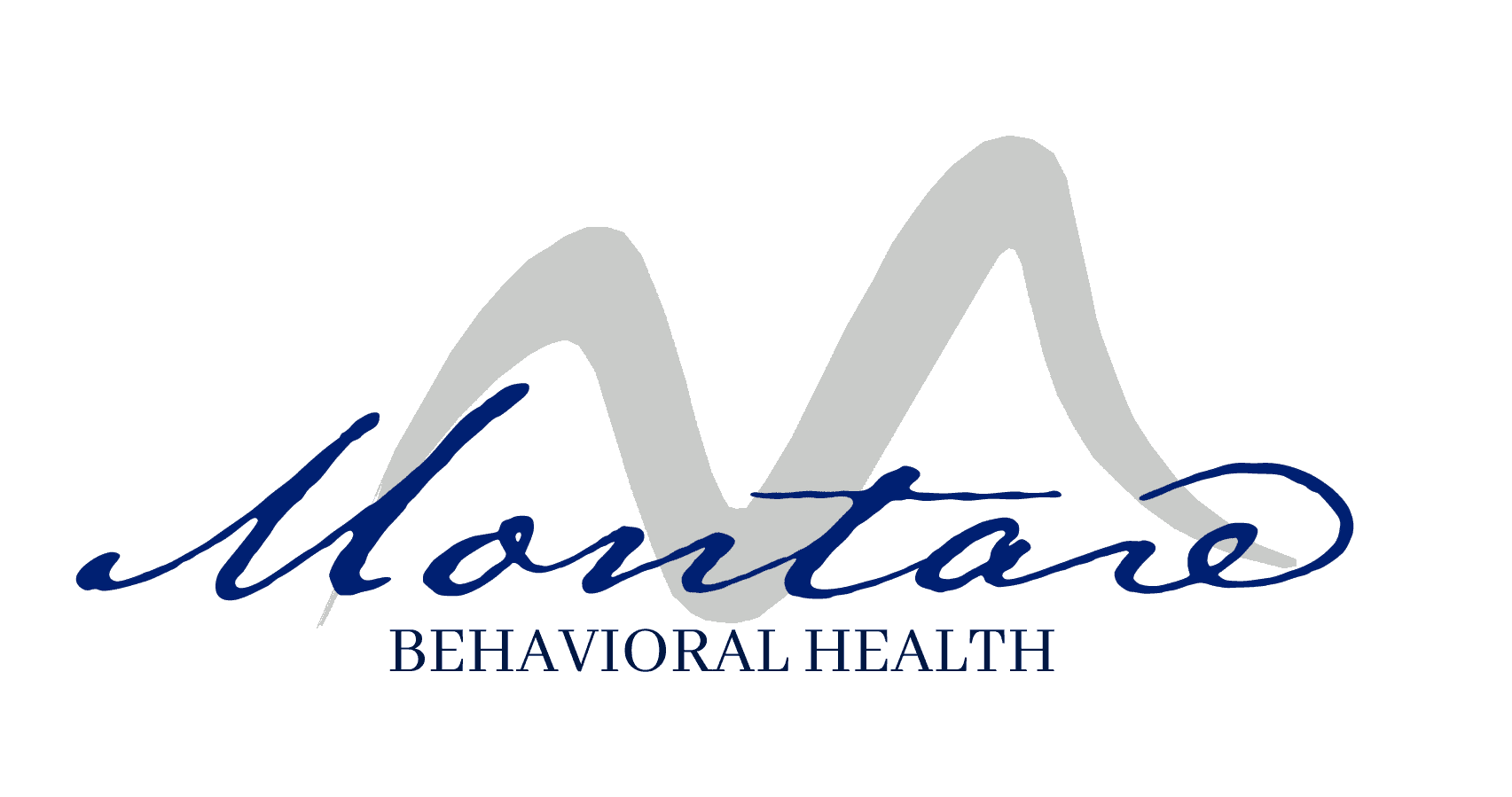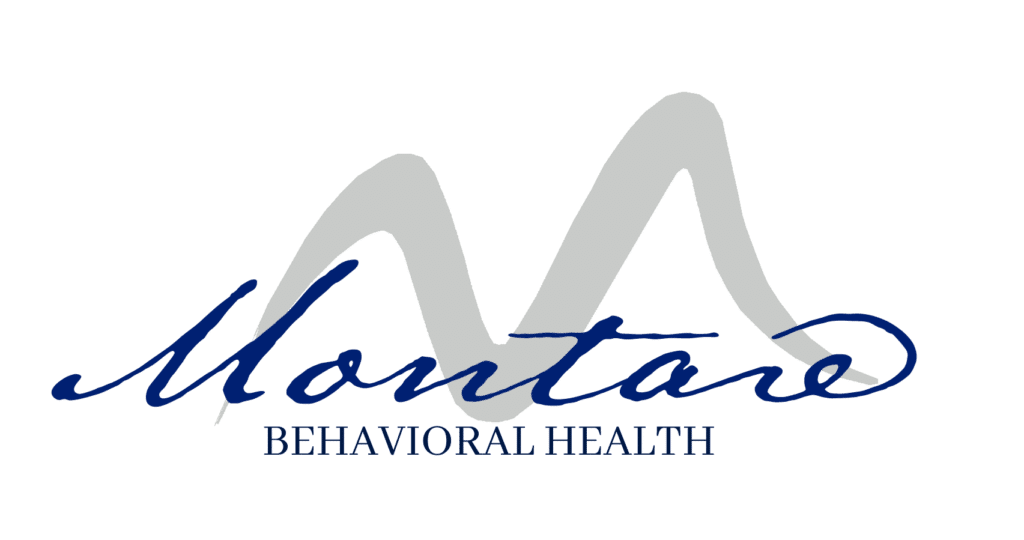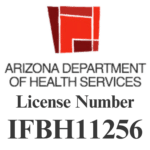Car accidents are one of the leading causes of PTSD due to the sudden and unexpected nature of these incidents, as well as the potential for serious physical injuries and emotional distress. Following a car accident, individuals may experience symptoms such as flashbacks, nightmares, hypervigilance, driving avoidance, and heightened anxiety or mood disturbances. As such, it is essential to understand the symptoms and signs of PTSD after a car accident to help determine when to seek help and support.
Understanding PTSD After a Car Accident
The physical and emotional impact of a car crash, such as injuries sustained, the fear of death or serious injury, or witnessing harm to others, can trigger psychological distress and symptoms characteristic of PTSD. PTSD from a car accident often occurs after being exposed to trauma associated with the accident.
According to SAMHSA, trauma can occur from an event that resulted in life-threatening harm, emotional harm, or physical harm. In addition, trauma can occur when someone witnesses a tragic event, such as when a person dies during a car accident. The effects of trauma can impact a person’s emotional health, mental health, social well-being, and physical health. As a result, if the trauma remains unresolved, it can lead to PTSD after a car accident.
Signs of PTSD Following a Car Accident
Common signs of PTSD after a car accident can include:
- Intrusive memories
- Flashbacks
- Nightmares
- Avoidance
- Negative changes in mood and beliefs about oneself or others
- Heightened arousal
- Being easily startled or feeling on edge
PTSD can significantly impact one’s daily life functioning and relationships if left untreated.
Emotional and Psychological Trauma After a Car Accident
Experiencing a car accident can result in emotional and psychological trauma that may have lasting effects on an individual’s mental well-being. Emotional trauma is the lingering emotional response to a distressing event, such as feelings of fear, anxiety, or helplessness after a car crash. Psychological trauma refers to the impact on one’s cognitive and behavioral responses, including recurring thoughts about the accident, difficulty concentrating or sleeping, and changes in mood or behavior.
Distinguishing between physical and emotional trauma is crucial because while physical injuries are visible and often treated immediately after a car accident, addressing emotional and psychological trauma requires more delicate attention. Neglecting the emotional aspects of recovery can prolong symptoms and contribute to long-term issues with mental health, leading to PTSD.
How Can Car Accidents Cause PTSD?
Car accidents can cause PTSD from the chaotic and distressing experience of a car crash. Depending on the extent of injuries, it can lead to feelings of fear, helplessness, or horror that overwhelm an individual’s ability to cope.
Witnessing or experiencing severe injury or death in a car accident can trigger intense emotional responses and create lasting memories that manifest as symptoms of PTSD. The impact of a car accident on one’s sense of safety and control over one’s surroundings can also disrupt one’s mental well-being long after the accident.
How to Get Over Car Accident Trauma
Dealing with car accident trauma can be challenging, but taking certain steps can help in the recovery process. Some initial steps to consider following a traumatic car accident include:
- Seek medical attention for any physical injuries sustained in the accident.
- Allow yourself time to process and acknowledge your emotions related to the event.
- Reach out for support from friends, family members, or mental health professionals.
- Consider therapy or counseling to work through feelings of anxiety, fear, or PTSD symptoms.
- Engage in self-care activities such as exercise, mindfulness techniques, and maintaining a healthy routine.
Remember that healing from trauma is a gradual process that takes time. Seeking professional help can be beneficial in learning how to develop effective coping skills to address car accident-related psychological distress.
How to Treat PTSD from a Car Accident
Treatment for PTSD following a car accident often requires professional intervention using individual and group counseling that can also include the following treatments:
- Cognitive Behavioral Therapy (CBT): CBT helps individuals reframe negative thoughts and behaviors related to the traumatic experience.
- Eye Movement Desensitization and Reprocessing (EMDR): EMDR is a therapy that uses bilateral stimulation techniques to help process distressing memories.
- Medication: In some cases, medications such as antidepressants or anti-anxiety drugs may be prescribed to manage symptoms of PTSD.
It is essential to seek help when experiencing symptoms of PTSD following a car accident, as untreated trauma can have long-lasting effects on mental health, well-being, and daily functioning. Seeking help and support from mental health professionals provides access to personalized treatment programs and care to help develop effective coping strategies and aid in mental health recovery from car accident trauma.
Coping Strategies for PTSD from a Car Accident
Coping with PTSD from a car accident can be challenging. However, there are several self-help tips and coping mechanisms that may assist in managing symptoms:
- Practice relaxation techniques such as deep breathing exercises or meditation to reduce anxiety.
- Engage in regular physical exercise to help release tension and improve mood.
- Maintain a structured routine and daily activities to create stability and predictability.
- Express emotions through journaling, arts, crafts, and hobbies you find relaxing or talking to trusted individuals about your feelings.
- Address triggers associated with the car accident to develop coping strategies for managing distressing situations.
- Join a support group of trauma survivors to learn from their experiences and develop a strong peer support network.
Recovering from Car Accident Trauma
Recovering from car accident trauma is a journey that varies for each individual. Recovery typically involves ups and downs as you work through the emotional and psychological impact of the experience. It is essential to be patient with yourself during this process and prioritize self-care.
It is vital to remember recovery may take time, so it’s important to be patient with yourself and allow yourself to heal at your own pace. You should also expect setbacks along the way. Healing from trauma is not always linear, and there may be times when you feel like you’re regressing. This is normal and part of the recovery process.
Do not forget to take time each day to practice self-care, engage in activities that bring you joy or relaxation, connect with supportive friends, family members, or support groups, and seek professional help when needed.
When to Seek Help for PTSD After a Car Accident
It’s important to recognize when professional help is needed for MVA trauma and PTSD after a car accident. Consider seeking help if you experience any of the following:
- Persistent and severe symptoms of PTSD, such as flashbacks, nightmares, anxiety, or avoidance behaviors.
- Difficulty concentrating, focusing, and functioning in daily activities.
- Experiencing thoughts of self-harm or suicide.
- Isolating yourself from others and withdrawing from social activities.
There are several resources and support systems available for individuals struggling with PTSD from a car accident, such as:
- Mental Health Professionals
- Support Groups
- Crisis Hotlines
- Holistic Therapies
Remember that seeking help is a sign of strength and courage to help recover from psychological and emotional trauma after a car accident.
Conclusion: How to Get Over Car Accident Trauma
Experiencing a car accident can lead to emotional and psychological trauma, including PTSD. It is essential to recognize the signs of PTSD following a car accident, such as intrusive memories and avoidance behaviors. Seeking professional help and utilizing coping strategies are crucial for overcoming traumatic experiences and managing MVA mental health.
Most importantly, recovery from car accident trauma requires patience and time. Practice self-care, acknowledge setbacks along the way, and remember it is okay to seek professional help to recover from car accident trauma and PTSD.
Start Recovery from Car Accident Trauma in Tucson Today
You do not have to face car accident trauma and PTSD alone with help from Montare Behavioral Health in Tucson. Our caring and compassionate staff provides access to personalized treatment options in a safe and supportive environment. We will be there with you every step of the way. Contact us today to start recovery from PTSD from a car accident as we discover the path to a brighter tomorrow together.


